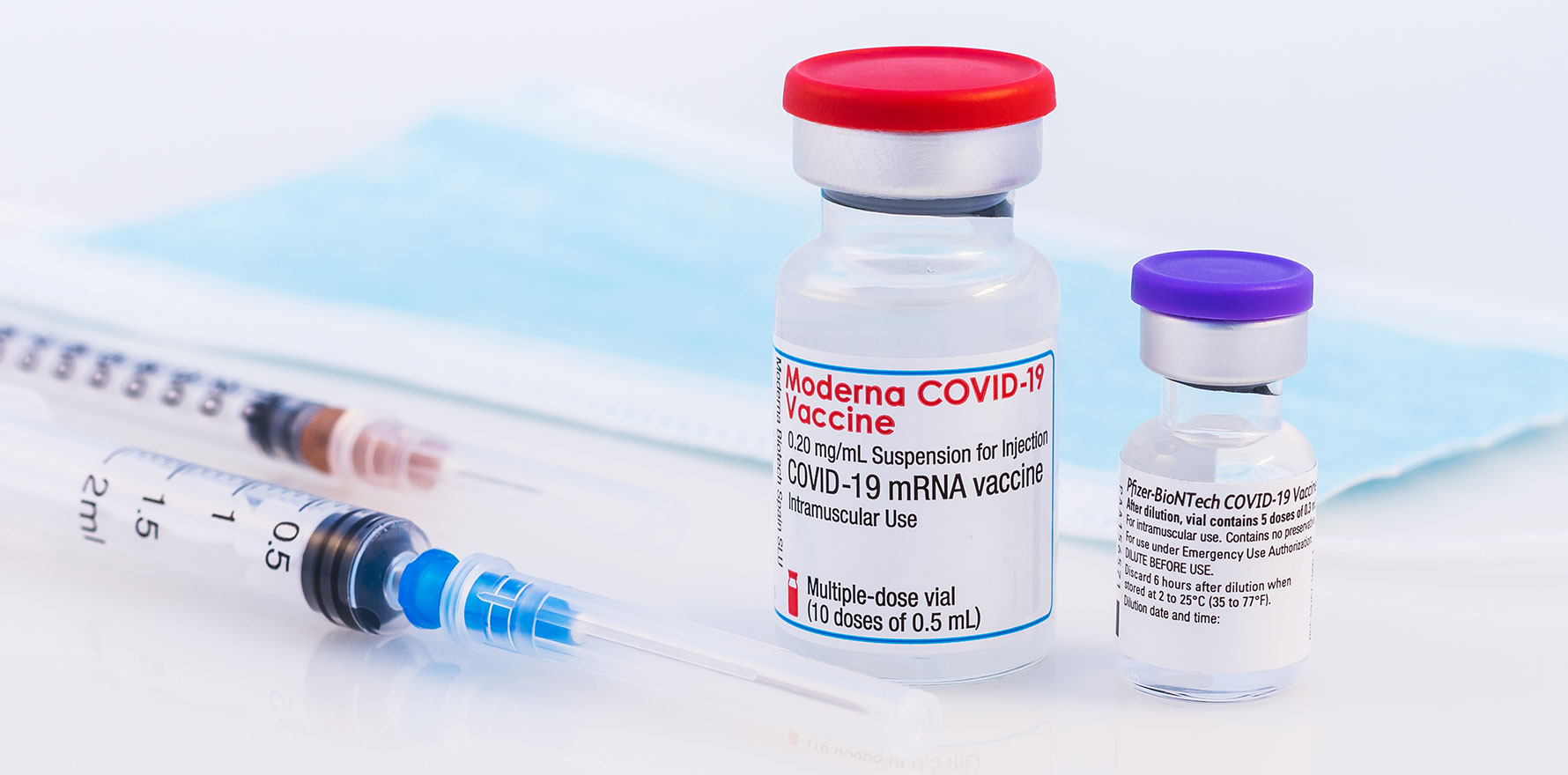And with the arrival of additional mRNA vaccines, are there plans to phase out AstraZeneca?
Community pharmacy scoring the exclusive rights to administer Moderna has puzzled a new GP lobby group, which says it underrates the important relationships GPs have with their patients.
The Australian Society of General Practice thinks it also makes the RACGP appear weak when up against other lobby groups, such as the Pharmacy Guild of Australia.
The discussion follows the government announcement last week that 25 million Moderna doses had been secured, the first of which were expected to arrive in Australia from as early as next month.
But community pharmacies, would have exclusive access to the first Moderna shipments, with none going to general practice in 2021.
The influx of Moderna and additional Pfizer doses expected in 2021-22 has also led to speculation about the future role of AstraZeneca in the general practice rollout.
ASGP president Dr Chris Irwin told TMR that the allocation of Moderna to the pharmacy sector showed a failure of general practice to lobby effectively for its patients.
“It shows the effectiveness of the Pharmacy Guild and the government’s failed understanding that health is not a simple economic transaction,” he said.
Dr Irwin said that Australia, with its goal of having at least 80% fully vaccinated, should heed warnings from other nations that are struggling to surpass a vaccination rate of 60-70% of their eligible population.
The solution, according to Dr Irwin, is putting vaccines in the hands of GPs who already have trusted and ongoing relationships with their patients.
“The government has failed to understand that you can’t just treat health as some piecemeal jigsaw puzzle with interchangeable parts,” he said.
“Patients trust their GPs and pushing general practice further and further out of the vaccine rollout will lead to lower vaccination rates.”
Dr Irwin said the RACGP had backed itself into a corner and was unable to negotiate effectively for the place of general practice in the rollout.
“Now, the economics of arguing for an expanded role for general practice makes less and less sense,” he said.
RACGP president Dr Karen Price, who has been involved in negotiations with Health Minister Greg Hunt and Department of Health, told TMR the RACGP had been strongly advocating for GPs to have access to the Moderna vaccines.
Dr Price also confirmed that GPs would have access to Moderna next year.
“Whilst we will not be delivering this vaccine until 2022, the bigger picture is that GPs willhave access to significant quantities of Pfizer vaccines in the short to medium term – another mRNA vaccine – before Moderna vaccines arrive at the nation’s pharmacies,” she said.
“Australia will be receiving more than 40 million Pfizer doses by the end of the year and general practice will be central in delivering those vaccines to patients nationwide. We are, and will remain, the backbone of the vaccine rollout.”
Dr Price said that while ideally GPs would be able to freely choose which vaccines they wanted access to, this reality was currently hindered by Australia’s vaccine supply.
“Regardless, as part of a future model, the RACGP would like to see choice for general practices, including the option of Moderna and any other vaccine that is approved in Australia,” she said.
In the meantime, the RACGP said its main focus was to get as many jabs into arms as possible.
The DoH told TMR that its reasoning behind allocating Moderna doses to community pharmacies was to maximise the utilisation of both Pfizer and Moderna mRNA vaccines. And before the arrival of more mRNA doses in Australia, the DoH is attempting to onboard all general practices to the Pfizer rollout.
“We expect that all primary care sites will have access to an mRNA vaccine prior to expected supply increases in October,” a DoH representative said.
Given the impending influx of mRNA vaccines to Australia, TMR asked the DoH whether it had plans to phase out AstraZeneca vaccines from the rollout.
That would rely on the steady availability of Pfizer and Moderna in the last quarter of the year, as promised by government, and the majority of Australians over the age of 60 being already vaccinated with AstraZeneca.
TMR proposed this hypothetical scenario to the DoH, to determine whether general practice would primarily administer Pfizer, and pharmacy would give Moderna, in preparation for the rollout of mRNA booster doses in 2022.
But the DoH denied any such plans, telling TMR that AstraZeneca “has been and will continue to be an important part of the national vaccine rollout”.
“The Australian Technical Advisory Group on Immunisation (ATAGI) covid-19 working group will factor the provisional approval and supplies of the Moderna vaccine into their future advice regarding the COVID-19 vaccine rollout,” a DoH representative said.



